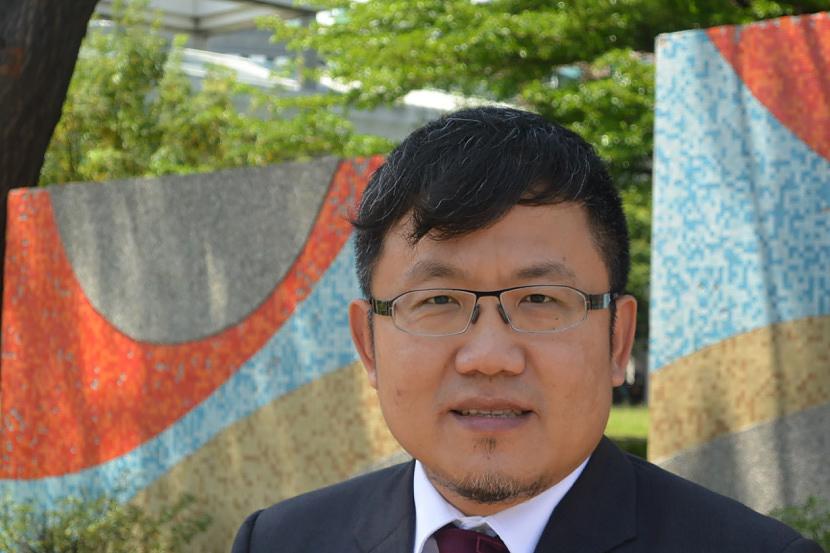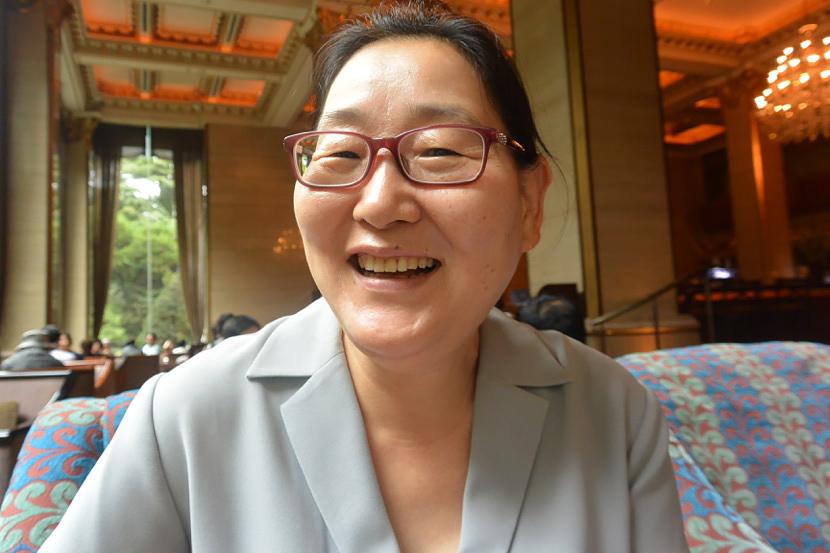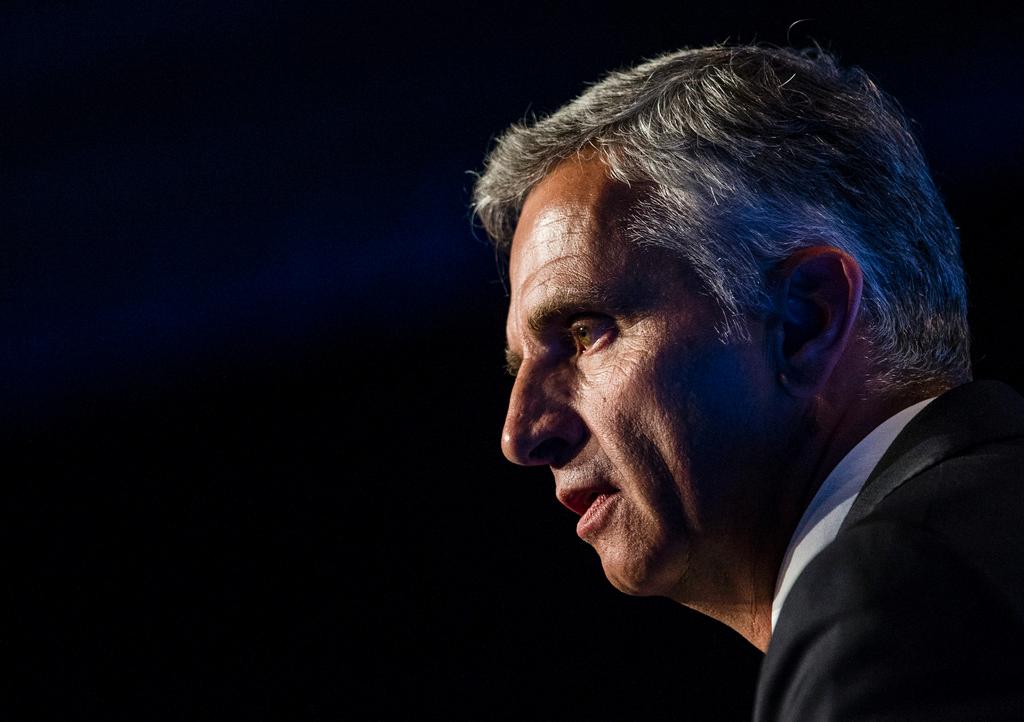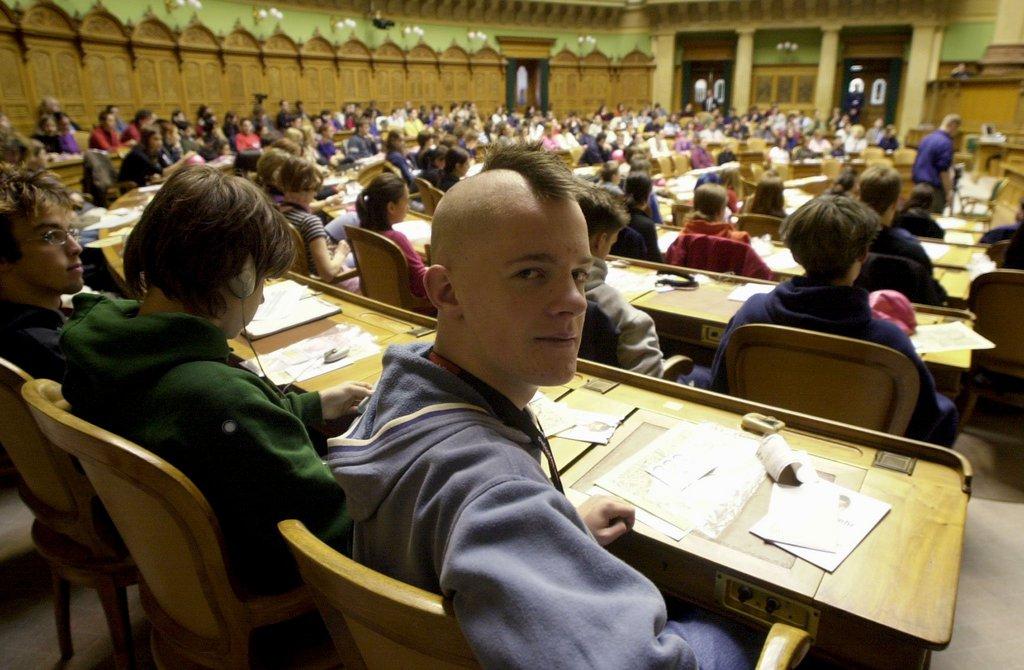‘In search of small but significant things for democracy’
The International Day of Democracy is an opportunity to look at East Asia – a region that we don’t necessarily consider a democratic paradise. However, when it comes to democratic participation and active citizenship, this part of the world has a lot to offer, according to Bruno Kaufmann, editor-in-chief of the People2Power news portal. He spoke to four key democracy exponents.

More
Cyd Ho
They are pretty well set up and their cosy camp features a field kitchen, sleeping tents and a powerful sound system. This summer, members of the conservative right Catholics have been camping out in front of the entrance to the city hall in the South Korean capital, Seoul, and they know exactly what they don’t want.
“Our mayor wants to grant homosexual couples more rights. This is a disgrace,” an elderly man shouts into his microphone. He then grabs a drum and starts banging it with such power that it is almost impossible for anybody visiting the town hall not to notice.

More
Liu Shih-chung
“Freedom of expression is one of our most fundamental rights,” says Park Won-soon, the mayor under attack. “We have to make sure all opinions are heard, especially when they are dissenting,” continues the 59-year-old leader of one of the biggest cities in the world.
The former dissident, who spent many months in prison under the military dictatorship that ended in 1987, has been pushing hard for the development of democracy since he took office in 2011.

More
Jung-ok Lee
This is best reflected in the new centrally located city hall, which Park converted into a town house.
Some of the floors of the prominent glass building with its beautiful gardens are reserved for the political activities of Seoul’s citizens. Individuals, groups, associations and political parties are able to use stages, meeting rooms, exhibition halls and work spaces free of charge.
Hundreds of civil servants provide advice and information to make sure that the opinions, ideas and suggestions of Seoul’s citizens are being heard. For this reason, the mega city has constructed a giant ear in front of the city hall that symbolises the two-way flow of communication between citizens and local government.
Seoul’s example shows that small is big. Such exciting and concrete steps towards democracy usually don’t make the world news, given that they are often on a local scale and not very controversial.
Instead, analyses and reports about the dire state of the power of the people have dominated discussions on International Democracy Day for many years.
The spectacular failure of the so-called Arab Spring (apart from Tunisia) and the growing reactionary authoritarian power of many states of the former Soviet Union have proved this point.

More
Ramon Casiple
International Day of Democracy
In 2007, the UN General Assembly decided to mark September 15 as the International Day of Democracy.
This year, the Inter-Parliamentary Union (IPU) is highlighting the importance of public participation for democracy through its member parliaments in 166 countries.
Translated from German by Billi Bierling

In compliance with the JTI standards
More: SWI swissinfo.ch certified by the Journalism Trust Initiative










You can find an overview of ongoing debates with our journalists here . Please join us!
If you want to start a conversation about a topic raised in this article or want to report factual errors, email us at english@swissinfo.ch.